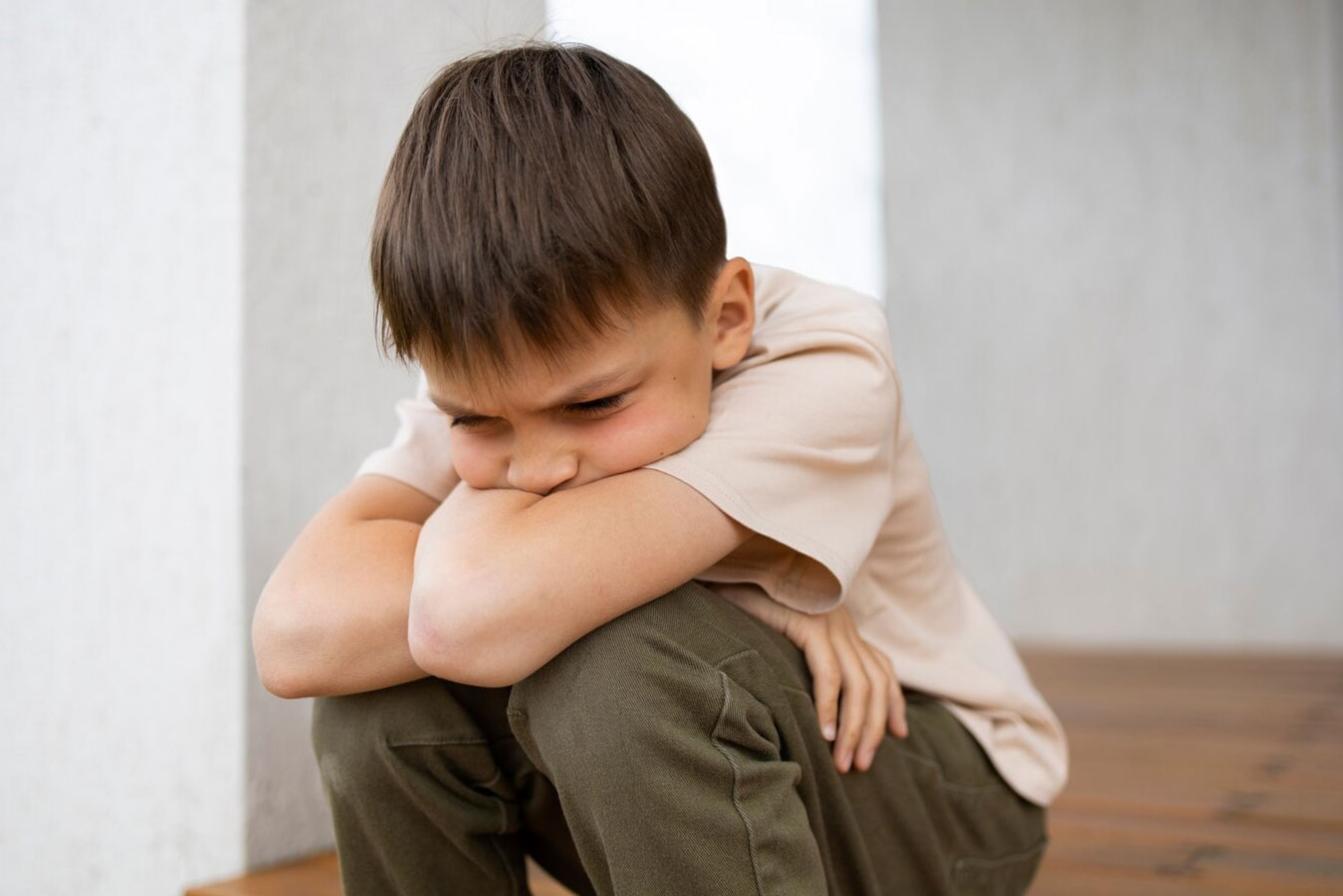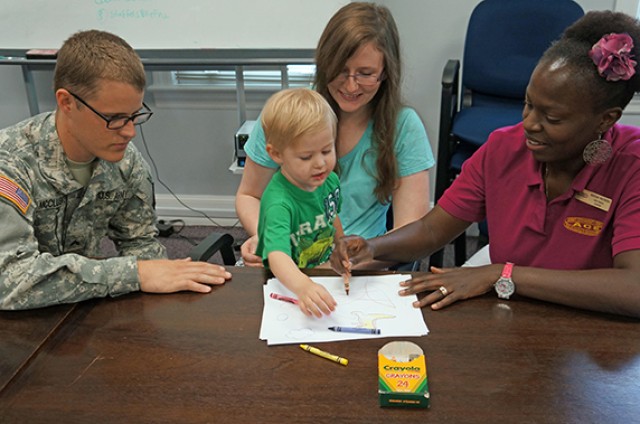What Impacts Do Childhood Illnesses Have on Mental Health?
Childhood illnesses deeply affect mental health, stirring emotional turmoil and straining cognitive growth. Social connections may dwindle, nurturing feelings of loneliness. Anxiety levels escalate, demanding coping strategies for solace. The fear of missing out on experiences looms large, complicating young lives. Remember, understanding these impacts equips you to support children facing illnesses.
Key Takeaways
- Childhood illnesses can lead to emotional turmoil, impacting mental health.
- Cognitive development may be hindered by illnesses, affecting learning abilities.
- Social isolation often occurs due to illnesses, impacting mental well-being.
- Anxiety and stress levels are heightened in children with illnesses.
- Fear of missing out on experiences can intensify due to childhood illnesses.
Emotional Turmoil

Experiencing childhood illnesses can often lead to emotional turmoil, impacting the mental well-being of young individuals. It’s essential to recognize that children facing health challenges may feel overwhelmed, scared, or anxious.
During such times, parental support plays a vital role. Parents need to provide comfort, reassurance, and a safe space for their children to express their feelings openly. Encouraging healthy coping mechanisms like talking about emotions, engaging in creative activities, or practicing mindfulness can help children manage the emotional rollercoaster that comes with illness.
Moreover, therapy options can be beneficial in providing children with additional support and guidance. Therapists can assist in developing effective emotional regulation strategies, teaching children how to handle stress, anxiety, and other challenging emotions that may arise.
Through therapy, children can learn valuable skills that empower them to deal with their illness and its emotional repercussions more effectively. Overall, a combination of parental support, healthy coping mechanisms, and therapy options can greatly assist children in addressing the emotional challenges that come with childhood illnesses.
Cognitive Development
Understanding how childhood illnesses impact cognitive development necessitates a thorough examination of the factors at play in a child’s mental growth and abilities.
When a child battles illness, their memory retention and learning abilities may be greatly affected. The stress and fatigue from being unwell can hinder the brain’s capacity to store and retrieve information effectively, impacting their overall academic performance and cognitive skills.
Moreover, the development of problem-solving skills can be impeded by prolonged illnesses. Children may struggle to concentrate, affecting their attention span and ability to analyze and solve complex problems. This can lead to feelings of frustration and inadequacy, further impacting their cognitive development.
As caregivers, it’s essential to provide a supportive environment that encourages cognitive growth and development, especially during periods of illness.
Engaging in activities that stimulate the brain, such as puzzles or reading, can help maintain and even enhance cognitive abilities despite the challenges posed by childhood illnesses. Remember, every small step taken towards supporting cognitive development can make a significant difference in a child’s overall well-being.
Social Isolation
During periods of childhood illnesses, social isolation can greatly impact a child’s mental well-being and overall development. Peer relationships, vital for social growth, may suffer as the child misses out on interactions with friends and classmates. Feeling disconnected from peers can lead to feelings of loneliness and sadness, affecting self-esteem and emotional stability.
Moreover, during times of illness, children might face stigma perception from others due to their condition. This stigma can worsen feelings of isolation and alienation, making it harder for the child to engage socially. The fear of being judged or treated differently may further isolate the child, hindering their ability to form meaningful connections.
As a caregiver or a support system, it’s crucial to recognize the importance of maintaining social connections for a child’s well-being. Encouraging alternative forms of social interaction, such as virtual hangouts or pen-pal arrangements, can help counteract the effects of social isolation.
Anxiety and Stress

Children facing childhood illnesses often grapple with heightened anxiety and stress levels, impacting their mental well-being and overall quality of life. The constant medical appointments, treatments, and uncertainty about the future can create a significant burden on their young shoulders. Coping mechanisms play an essential role in helping children navigate these challenges.
Teaching them relaxation techniques, mindfulness, or engaging in creative activities can provide a sense of control and alleviate some of the anxiety they may be feeling. Therapy can also be beneficial in helping children express their emotions and fears in a safe environment. It provides them with tools to manage their stress and develop resilience in the face of adversity.
In addition to professional support, parental support is invaluable. Parents can offer reassurance, create a stable routine, and encourage open communication. Self-care for both the child and the caregivers is essential to maintain emotional well-being during difficult times.
Fear of Missing Out
For children facing childhood illnesses, the fear of missing out on typical experiences and milestones can intensify feelings of isolation and uncertainty. Peer pressure and social comparison exacerbate this fear, making it challenging to navigate the already complex landscape of childhood.
The desire to fit in and keep up with peers can be overwhelming, especially when health concerns limit participation in various activities.
Children dealing with illnesses may feel an intensified sense of social pressure to conform to societal norms, which can lead to increased stress and anxiety. The fear of missing out on events, gatherings, or even everyday interactions with friends can create a sense of disconnection from their social circles.
This disconnection, fueled by the fear of falling behind or not being able to keep up, can significantly impact their mental well-being. Acknowledging and addressing the fear of missing out is essential in supporting children with illnesses as they navigate through their unique challenges.
Long-Term Effects

Experiencing childhood illnesses can have lasting effects on your mental health, shaping your perspective and coping mechanisms well into adulthood. The impact of childhood illnesses extends beyond physical health, often leading to long-term consequences that affect various aspects of your life.
One significant area where these effects manifest is in educational challenges. Coping with a childhood illness may have caused disruptions to your schooling, resulting in missed classes, difficulty concentrating, or a sense of falling behind. These challenges can influence your academic performance and create a significant impact on your educational journey.
Furthermore, relationship struggles can also arise as a long-term effect of childhood illnesses on mental health. The experience of illness during formative years can impact your ability to form and maintain relationships. Trust issues, fear of abandonment, or difficulty in expressing emotions are common struggles that individuals with a history of childhood illnesses may face in their relationships.
Understanding these long-term effects and seeking appropriate support can be vital in addressing the impact of childhood illnesses on mental health.
Frequently Asked Questions
Can Childhood Illnesses Lead to Personality Changes?
When childhood illnesses strike, they can indeed trigger behavioral changes and impact emotional resilience, potentially leading to personality shifts. It’s essential to recognize these effects and provide support to navigate through such challenges effectively.
How Do Childhood Illnesses Affect Self-Esteem?
When dealing with childhood illnesses, your self-esteem may be affected in various ways. Social interactions, academic performance, peer acceptance, and family dynamics can all contribute to how you view yourself during these challenging times.
Are There Differences in Mental Health Impact Based on Illness Type?
When dealing with childhood illnesses, it’s essential to understand that different illness types can lead to unique long-term consequences and psychological effects on mental health. Recognizing these differences helps tailor effective support and interventions for individuals.
Can Childhood Illnesses Impact Future Relationships?
Growing up with childhood illnesses can affect your social skills and emotional development, potentially impacting future relationships. The challenges you faced may shape how you interact and connect with others, requiring understanding and support.
What Coping Strategies Are Effective for Children With Chronic Illnesses?
You can navigate chronic illness by embracing support systems and therapy for emotional strength. Practice mindfulness to ease stress, and engage in hobbies that bring joy. Remember, you have the resilience to face these challenges with grace.
Conclusion
To sum up, childhood illnesses can have a significant impact on mental health. They can cause emotional turmoil, hinder cognitive development, lead to social isolation, increase anxiety and stress, and create a fear of missing out. These effects can have long-term consequences on a child’s well-being.
It’s important to provide support and resources to children facing health challenges. This is crucial to help them navigate these difficult experiences and promote their mental health.

Chad Adan Kace, a young dad from Vermont, shares his parenting journey with a touch of humor and lots of love. Father to a lively baby, he explores the joys and challenges of fatherhood through his stories.







